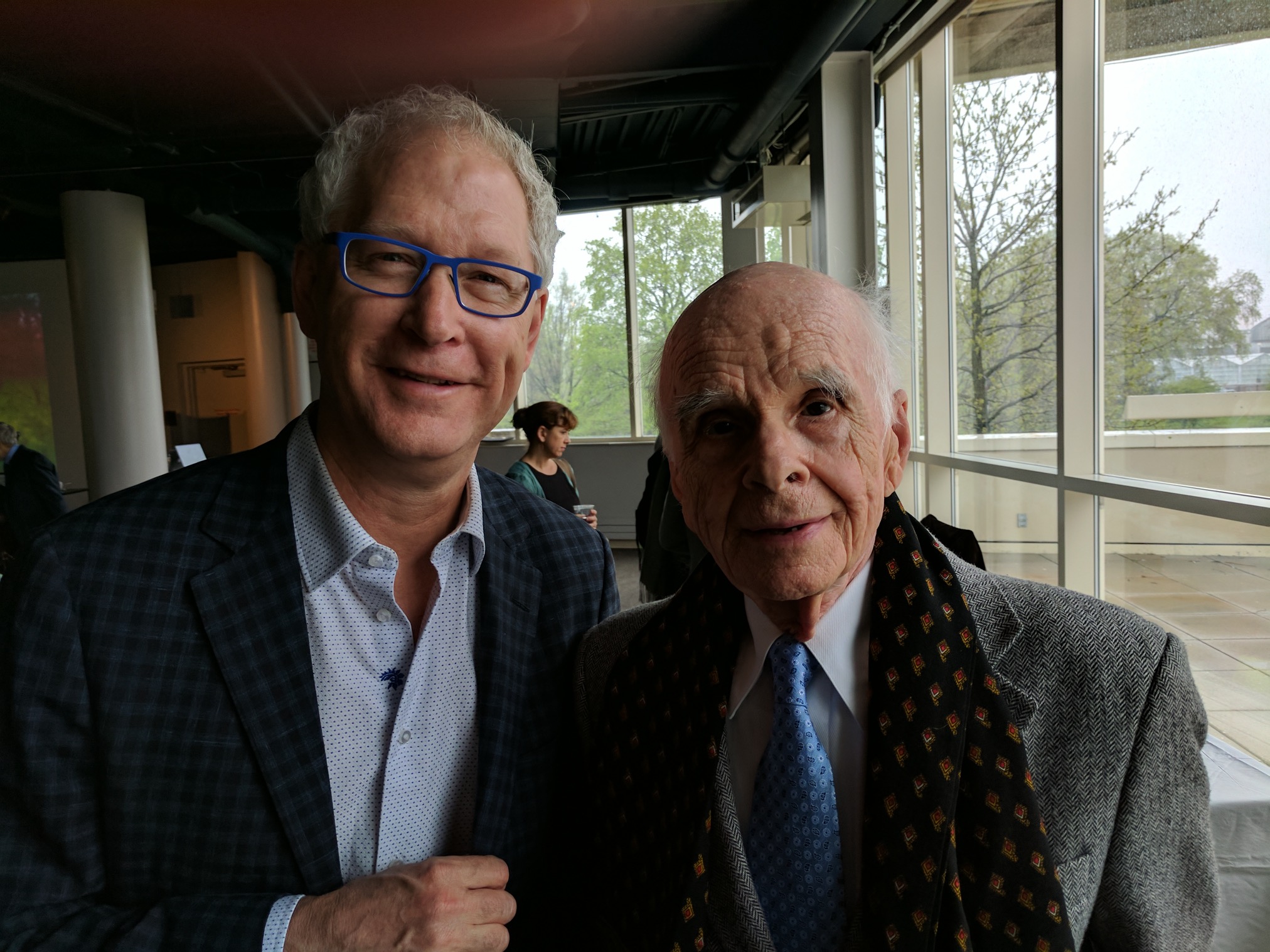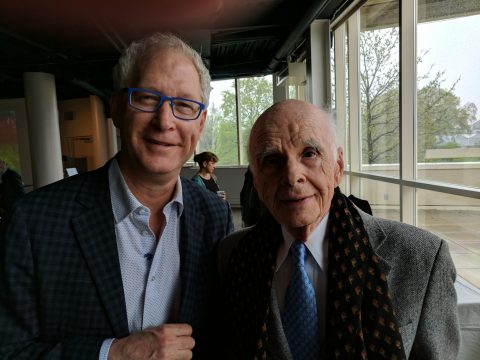
Overcoming Blind Spots for Business Growth – Part Three
May 22, 2018
The fates lead them who will, them who won’t it drags (Joseph Campbell)
May 25, 2018It’s my belief that the only thing that has happened in the last few years is that the emotional distractions, i.e. the VUCA (Volatility, Unpredictability, Complexity and Ambiguity), has gotten much, much bigger than the legacy infrastructures and approaches can contain. As a result, the infrastructure broke. The global financial crisis in 2008 broke the global infrastructure for finance, government and business.
With a broken infrastructure thrashing about causing unprecedented problems around the world for governments, business and social systems, the emphasis shifts. No longer is it profitable to exploit people, because people are the only resource capable of continuously adapting to chaos. No longer is it in business’s best interest to exploit social infrastructures of have-not nations, because social technology provides people with a means to kick back mighty hard when they rise up.
Rather than putting a lid on people’s emotions, people in business are talking about the need for engagement, creativity, innovation, collaboration, interdependence, agile business modelling and adaptive behaviour. Learning how to access our latent wisdom is now mission critical.
Why?
Because VUCA has changed the playing field, the players and the rules of the game beyond what the old legacy “best practice” approaches to business can contain.
We are not throwing the baby out with the bath water. “Best practices” will always play a role in aspects of your business. But, in their present form, they are insufficient to direct all effort at all times to achieve sustained performance results in all circumstances.
Throwing our conviction behind one philosophy or one way of doing business, accurate though it might be within its small area of importance, does not make room for the volatile, unpredictable, complex and ambiguous reality of running a business. And those blind spots mean we are sometimes blindsided by perceptive disaster.
Asking the right questions now becomes fundamental to identifying and levering the blind spots inherent in chaos.
Should you ask:
“Why do my people not get it?” or “How have I contributed to this situation?”
“Why are my clients so demanding all of a sudden?” or “Where should I focus my resources now?”
“Why doesn’t this work anymore?” or “Is there another way to do….everything?”
Uncovering the answers to these and so many other questions helps eliminate the blind spots that have prevented your business from realizing its own potential.
At Light-Core, we help our clients identify their blind spots and set them up with a cross-disciplinary way of dealing with the advance of their businesses. We look for solutions that are simple, clear and relevant to the issues they need to tackle in order to succeed. Sometimes this happens at the level of unconscious belief, and sometimes it happens at the level of concrete behaviour. We train our client’s leadership team members to identify their blind spots and eliminate them so that they maximize their opportunities and don’t lose out on an opportunity that could bear spectacular fruit.
Leadership Team
And by the way, sometimes these blind spots are not happening strictly within your business. Do the people on your leadership team have more blind spots than necessary simply because they don’t get enough sleep or exercise? Are elevated levels of stress blinding them to simple and effective solutions to complex problems? Would asking that one question about something they thought was ridiculously obvious start a highly productive conversation about streamlining processes or eliminating unnecessary effort somewhere?
These blind spots exist not only in our collective leadership and management practices; they exist in absolutely every aspect of our day-to-day social interaction. They are driving the epidemic levels of disengagement, anxiety, depression and institutional failures on issues like poverty, climate change, AIDS, hunger, violence, terrorism AND business’ inability to sustain performance improvement.
Uncovering and resolving blind spots can have a dramatic impact on business results. We’ve seen some phenomenally creative plans and programs develop when the blinders come off. This type of transformational thinking puts a company light-years ahead of its past results. And it’s available to all of us.
Have you been able to eliminate blind spots in your organization? Would you be willing to share your insights with me?
I’d love to hear from you – drop me a line anytime and let’s start a conversation about thriving in chaos.






